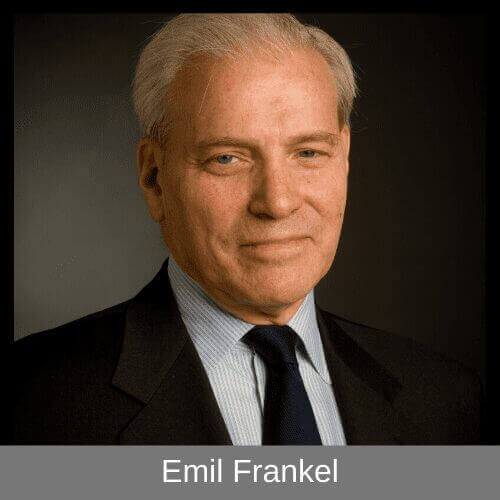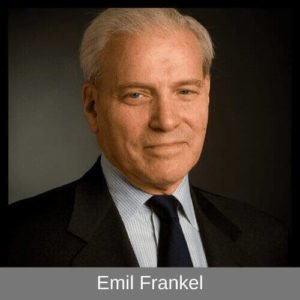
Ep. 15 - Emil H. Frankel weaves the history of rail and auto transit, and their influence on where cities sprung up and the downstream effects on how and where people lived. They were not always positive, as some housing projects warehoused families with little to no outdoor space.
Top Takeaways:
-
- The close relationship between transportation and the housing sector
- Value capture - how a major transportation facility construction tries to capture the value of the real estate surrounding it
- The major challenge of producing the wrong type of housing in the wrong type of places
- Why you should consider starting your public service career in local governance especially in the transportation sector
Learn more about current efforts in urban renewal and how governments still struggle to provide adequate housing for all.
""I think we have learned a lot from producing housing, particularly for low and moderate-income families, market-rate housing, and trying to engage in the renewal of American cities."
Emil is currently an independent consultant on transportation policy and public management issues, a Senior Fellow at the Eno Center for Transportation, and a Senior Advisor of Crosswater Realty Advisors. He explains how transportation links to urbanism and what that portends for residential and commercial development. Transportation policy is a path to understanding how U.S. cities were built and their role in shaping people's lives. Frankel was Assistant Secretary for Transportation Policy of the U.S. Department of Transportation appointed by President George W. Bush. He played a key role in the coordination and development of the Administration's proposal to reauthorize the Federal highway, transit, and highway safety programs and provided policy leadership in such areas as intermodal freight transportation, reform of the nation's intercity passenger rail system, transportation project financing, and the application of information technologies to transportation systems operations.
Listen in to hear how Emil made a transitioning from the public housing sector to the transportation sector and how the two co-relate. You will also hear what has changed in the housing sector for the last 50 years and the role he played in community development education.
Key Moments:
He talks about his time in the public housing sector and the role he played in housing development in the early days of HUD [2:48]
How the transportation sector is intimately engaged with urban issues, community development and the housing market [7:25]
How he redefined the role of the transportation sector as a whole and its relation to where people lived 10:04
He explains the meaning of intermodal freight transportation [12:51]
How Transit-Oriented Development is aimed to attract private investment to the construction of the transportation facility [14:03]
The lessons that we have learned in the urban renewal program and the lessons we haven't learned in producing the right type of housing [16:00]
He explains what he believes is his legacy that directly impacted the community [20:00]
He tells stories of secretaries of state who stood out to him during his time in the housing sector [22:07]
The difference in the administration in the last 25 years and the current one in regards to public service [26:26]
The advice he has for young people who would consider a career in the public service [28:30]
Crosswater Advisors Emil Frankel

